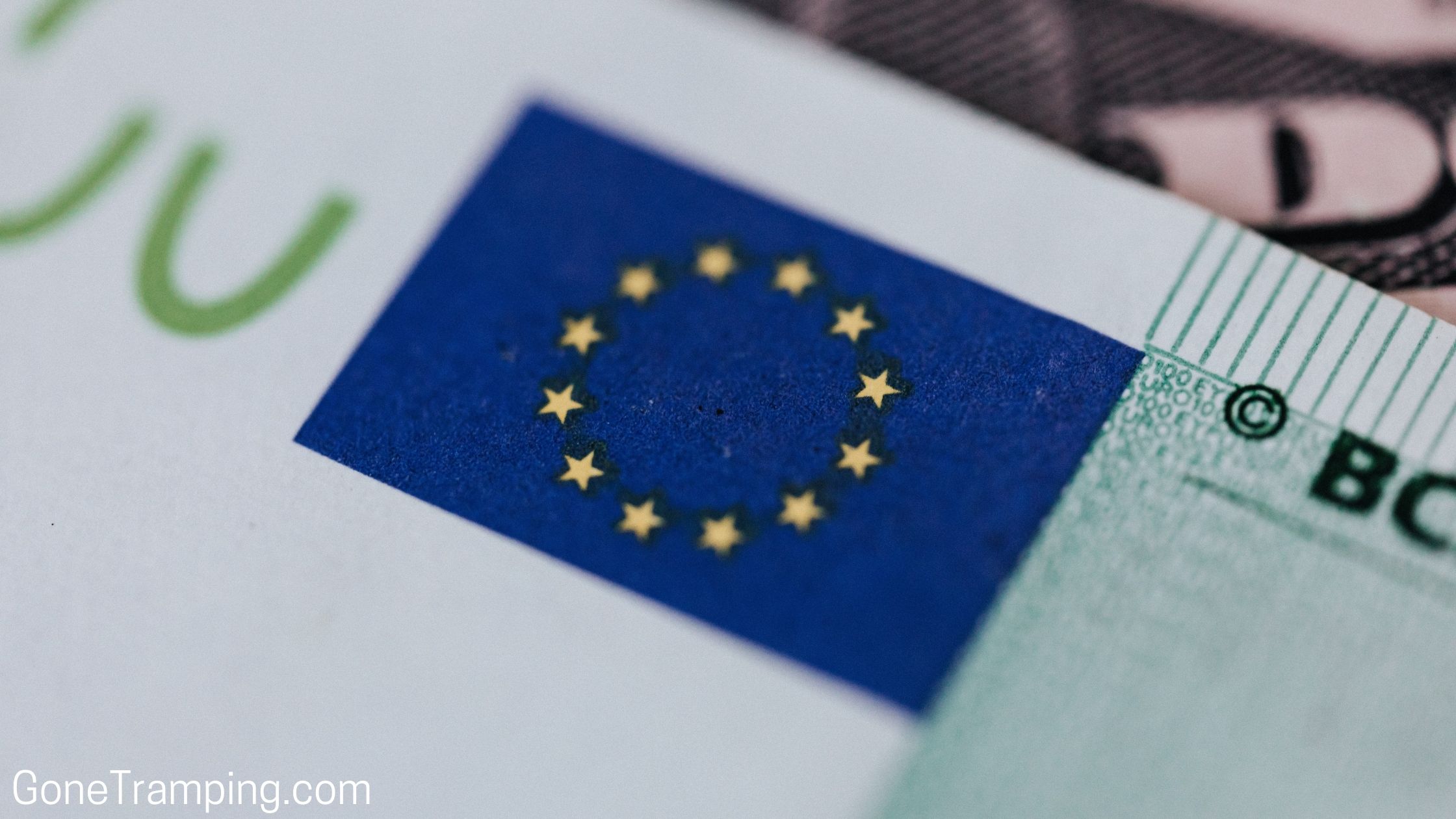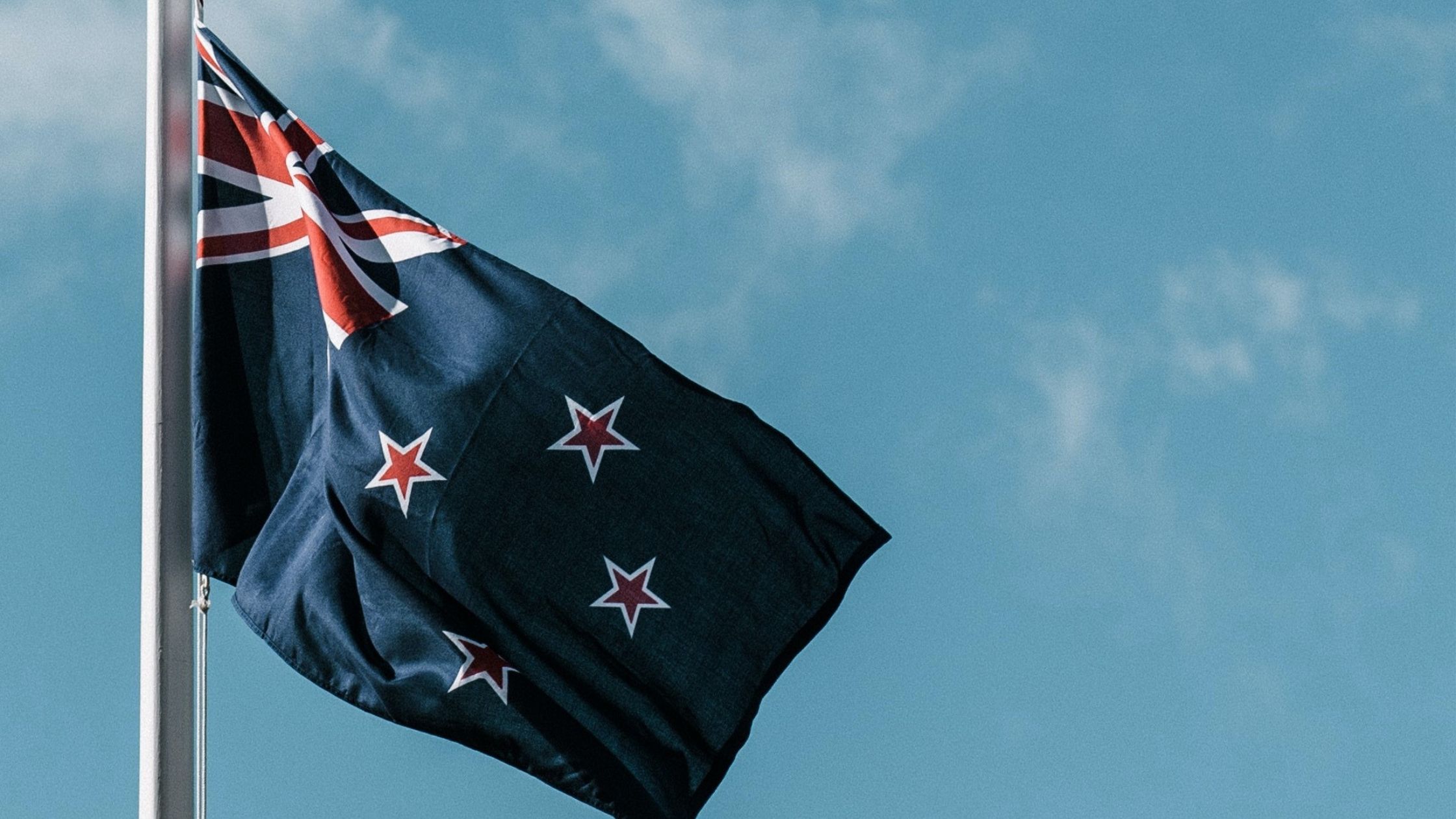New Zealand is a beautiful country located down under. It is often clubbed with Australia as far as traditions, culture, and practices are concerned. Both countries have a common interest in certain sports like Cricket and Rugby. Yes, both the countries a part of the Commonwealth Group of Nations have been under the British Monarchy for many years centuries back.
As the world started becoming globalized, there was a need for New Zealand to integrate itself with major blocks of a nation. Hence it would be a good idea to try and find answers to the questions “Is New Zealand in European Union” or “Is New Zealand an EU member”.
Due to the Copenhagen Criteria, New Zealand is not a member of the European Union as it is not located in Europe. New Zealand is a member of both the British Commonwealth and the European Economic Community (EEC) and has excellent relations with European countries in and outside the EU.
Is New Zealand an EU member?
New Zealand has a close and mutually beneficial trade, culture, and people-to-people relationship with the European and the various member states that make up the EU. Most of the EU nationals and New Zealand have shared histories, and there are also many
strong trade and personal connections. All these countries, like New Zealand, believe in democracy and the rule of the law. There is also respect for human rights and most members of the EU and New Zealand also believe in the concept of international citizenship. New Zealand also has shared interests as far as climatic changes, international security, and the development of the Pacific Zone are concerned.However, having said all this, we need to understand that New Zealand has not become a member of the European Union. We need to understand the reason for this. The countries that make up the European Union are connected geographically by land and are neighbouring
countries. On the other hand, New Zealand is located thousands of miles away from all the countries of the EU. The EU’s Copenhagen Criteria define whether a country is eligible to join the European Union. To join The EU, states must:- Be a European country
- Preserve Democracy
- Honer human rights
- Have a functioning market economy
- Accepts the obligations and intent of the EU
Even though New Zealand could fulfil most of these, it is not a European country. Having said this, there is no doubt that New Zealand continues to have excellent relations with almost all the European Union Nations, and the trade and commerce both ways between New Zealand and the EU continues to flourish and move from one level of success to another.
When did New Zealand enter into the European Economic Community (EEC)?
New Zealand has been a member of the EEC (European Economic Community) for many years and perhaps since 1961. However, there is a sweet-sour history when it comes to New Zealand’s joining the EEC. Though Britain had a lot to gain by becoming a member of the EEC, it was not greeted with happiness in New Zealand. This is because the nations that founded the EEC agreed to what is referred to as a Common Agricultural Policy.
This in effect, meant that outside producers would not be given access to the lucrative and huge European Market. They justified the exclusion of countries like New Zealand to ensure continuous food supply to the EEC in case of war or other such emergency situations. This, they said, was important to secure the interests of the rural communities. If Britain was to become a member of the EEC then they had to also agree that they will not be buying agricultural, milk, and dairy products from New Zealand.
There is no doubt that New Zealand’s exports to the outside world include the EEC nations would have to depend heavily on dairy, and agriculture products.
The British Monarchy
For New Zealand’s economy, Britain was extremely important because of the historical business and trade relationships it has been having with this country since the days of the British Monarchy. Hence it is was a fight for life and New Zealand was able to negotiate a number of concessions from the European Union and Britain.
However, these were considered ad-hoc agreements for New Zealand, and both Britain and New Zealand were on the same page. In fact, during the mid-1961, Britain put its foot down and said that it would not be a part of EEC unless the vital and genuine interests of New Zealand were not protected.
It took some time to decide as to what was to be brought under the gamut of Vital Interests as far as New Zealand was concerned. Britain submitted its third application to the EEC in 1969.
The Luxembourg Agreement
Finally, the famous Luxembourg Agreement was reached with the EEC and this took place in the year 1971. However, Britain literally arm-twisted the EEC members to sign this special agreement for protecting the interests of the farming and agricultural sector of New Zealand.
This of course had a reason behind it. British exports to New Zealand were worth millions of dollars it was afraid that its exports to the country would be jeopardized badly if there was no protection offered to New Zealand exports to Britain and other EEC countries.
Britain became a member of the EEC in 1973 and this ensured that New Zealand was able to sell a significant portion of its cheese, dairy, and lamb exports to Britain and a few countries of EEC.
This is in brief the saga of the fight that New Zealand had to go through before it became a full-fledged trading partner of the EEC.
Does New Zealand have a trade deal with the EU?
Because of shared interest with Britain in particular and the EU in general, there are some formal connections between New Zealand and the European Union. These were previously guided by the 2007 non-treaty level declarations. The 2007 non-treaty declarations were upgraded into full-fledged trade agreements and the famous PARC agreement was signed in 2014.
PARC stands for Partnership Agreement on Relations and Cooperation. This defines the entire trade relationships and trade deals with the European Union.
Therefore it would not be out of place to mention here that via the PARC (Partnership Agreement on Relations and Cooperation) the European Union continues to have very strong trade and commercial relationships with New Zealand. However, with Britain out of the European Union, things might change with the European Union and the new realities have to be taken into account.

Conclusion
The above would have given you a reasonably good idea and information about the various aspects of New Zealand’s historical trade and commercial relationships with the European Union, EEC, and of course with Britain.
However, one thing is clear. The entire trade relationship of New Zealand whether it is with EEC or EU is mostly driven by Britain. This is because New Zealand is a very important trading partner for Britain and it exports products and services worth billions of dollars.
The entire dairy industry, and agriculture and meat processing industry in New Zealand depends heavily on the EU markets and of course Britain.


